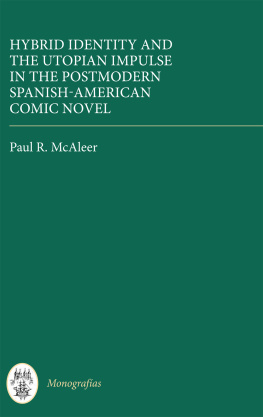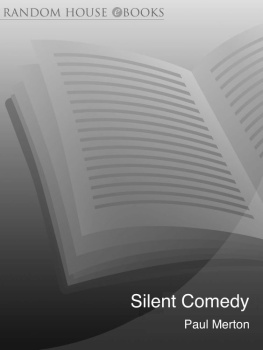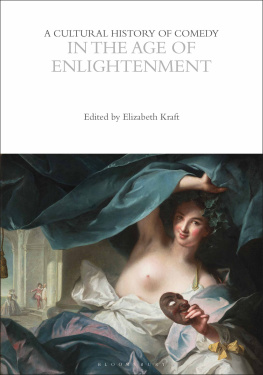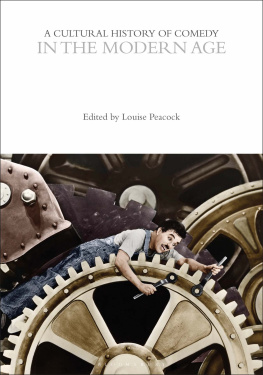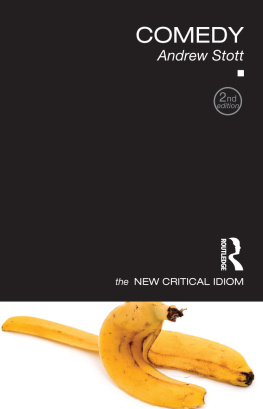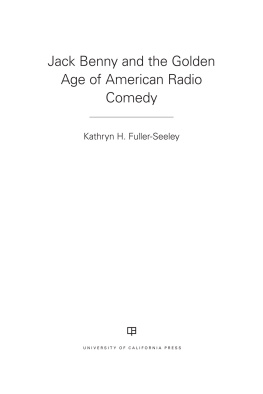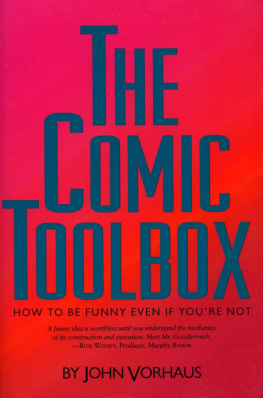
Coleccin Tmesis
SERIE A: MONOGRAFAS, 351
HYBRID IDENTITY AND THE UTOPIAN
IMPULSE IN THE POSTMODERN
SPANISH-AMERICAN COMIC NOVEL
An important but often overlooked function of comedy is its intrinsic relation to questions of identity. This relationship, furthermore, is connected to another traditional feature of comedy: the utopian impulse. This book analyses these functions of comedy in the novels of four key postmodern Spanish-American writers: Gustavo Sainz, Alfredo Bryce Echenique, Fernando Vallejo and Jaime Bayly. Focusing on the correlation between changing concepts of identity and the hybrid cultural context of the late 20th-century, it examines the issues of individual and social identities expressed by these authors in their inscription and distortion of the comic genre as well as in their usage of different modes of comedy. It views the novels comic aspects as symptoms of hybridity, which, according to many theorists, have brought about the dissolution of concepts, such as the self and society, and utopian modernity. These symptoms are studied in tandem with the individual themes of the novels, such as gender, sexuality, class and global migration, as well as the post-national question of Peruvian, Colombian and Mexican identity.
Paul McAleer is Lecturer in Hispanic Studies at the University of Hull.
Tamesis
Founding Editors
J. E. Varey
Alan Deyermond
General Editor
Stephen M. Hart
Series Editor of
Fuentes para la historia del teatro en Espaa
Charles Davis
Advisory Board
Rolena Adorno
John Beverley
Efran Kristal
Jo Labanyi
Alison Sinclair
Isabel Torres
Julian Weiss

Contents
Acknowledgements
I would like to thank and acknowledge Professor Philip Swanson, Professor Chris Perriam and Dr Fernanda Pealoza for their generosity with both time and books. I would also like to thank my family for their patience and understanding of the energy and time that this book took from the time we shared together. Finally I wish to thank the AHRC for its generous scholarship, without which I would not have been able to complete this book.
1
Contextualising the Debate: The European Comic Tradition and the Question of Context
Comic writing has long been an important feature of the Spanish-American literary tradition. It first appeared in the lampooning genre of journalistic editorials of the nineteenth century, which developed into the short satirical portraits and novels of the costumbrismo tradition.
Despite the ubiquity and importance of this trend, however, few critics have paid it much attention, and even fewer have made it the focus of their analysis. The reason for this lack of interest no doubt has something to do with a broad and historic bias against the subject.
Given the major historical figures of Hispanic literature Cervantes, Lope de Vega, Tirso de Molina, Quevedo, Mateo Alemn, all masters of different modes of comedy it remains a surprise that these types of prejudice ever gained ground. Even more surprising is the fact that they still enjoy a silent but palpable cultural currency today, apparent quite clearly in the lack of contemporary studies on the subject. It is surprising not only because of the modern Spanish-American writers listed above, to which could be added a number of Peninsular ones (Miguel de Unamuno, Miguel Delibes, Luis Martn Santos, Eduardo Mendoza, for example), but also because we now live and breathe in an academic environment that rejects essentialist narratives of identity and radically questions the old hierarchies of cultural value. In short, the comic tradition in Spanish America has long been in need of a reappraisal.
From a necessarily narrower perspective, this is exactly what this book intends to do. The following four chapters analyse the comic aspects of five postmodern Spanish-American novels: Gustavo Sainzs La princesa del Palacio de Hierro (1977), Alfredo Bryce Echeniques diptych, La vida exagerada de Martn Romaa (1981) and El hombre que hablaba de Octavia de Cdiz (1985), Jaime Baylys La noche es virgen (1997) and Fernando Vallejos La virgen de los sicarios (1994). In evaluating the role of comedy in these novels, one aim is to demonstrate the fallacies underpinning the type of prejudices that continued to accumulate critical mass about the so-called constraints of Spanish-American comedy well into the twentieth century. As such, the task involves not only a revaluation of Spanish-American literary history but also, to a more modest extent, of the narratives that have shaped and, in some cases, restrained the debates about its cultural heritage and identity.
Perhaps unsurprisingly, the few contemporary critics who have tackled the role of comedy in Spanish-American fiction have been influenced by the traditional approaches to the subject mentioned above. The majority focus on the corrosive and subversive nature of Latin American comic literature. Three important examples of this approach are Ardis L. Nelsons and Dianna Niebylskis monographs, and Evelyn Fishburns article on El reino de este mundo . All three highlight how comedy subverts (even if with a touch of playfulness) dominant ideologies, whether they be the Cartesian dichotomies of European thought, in the case of Cabrera Infante; the accepted and acceptable notions of female identity undermined by Alicia Borinsky and Ana Lydia Vega; or the cultural and racial hierarchies of colonial discourse reduced to the absurd in Carpentiers comic lo real-maravilloso . These studies suggest, quite rightly, that the subversive aspect of comedy, whether ludic or bellicose, is an important feature of the Spanish-American tradition. Yet it is not the only one. Other features and possible avenues of interpretation exist.
This study analyses comedy from one such avenue. It proposes that there is an intrinsic relationship between all comic expressions, including generic ones, and the very human desire to affirm ones identity, both individual and social. Whether transgressive or prescriptive, comic laughter always relies on the pre-existence and internalisation of social norms and rules. Consequently it is deeply related to articulations of individual, social and cultural narratives of identity. A similar but different relationship runs through the genre of comedy, whether dramatic or novelistic in form. This extremely important feature of generic comedy, which contemporary critics interested in the field have all but ignored, finds its expression in narratives of social resolution and individual identity acquisition. Indeed, it is argued throughout this book that, despite the fragmentation of much modern and postmodern literature, all comic texts display traces of these narratives.
The novels studied here are no different. They inscribe the classic generic aspects of comedy; however, they also warp and transmute them. A particular salient feature is their inscription of, yet failure to bring to fruition, comedys narratives of identity affirmation. Since this rearticulation can be defined as a general trend it is shared not only by our five texts, but also by other contemporary Spanish-American novels much of what follows is dedicated to examining the question, why. Why do these comic novels, and others, clearly appropriate the classic features of the comic novel and drama only to distort them?
There are, of course, no definitive answers to this question. Indeed, the question itself is only especially interesting because it allows us an original angle from which to study the comic novels, their cultural contexts and, just as importantly, the function of the novel in general. That said, it seems to me that the one factor we cannot ignore is the issue of identity, since we are dealing with a genre, both comic and novelistic, that is intrinsically related to the theme. The following analysis, therefore, centres on the relationship between the novels representation of cultural, individual and social identities and the Spanish-American postmodern contexts in which they were written (the specifics of which will be outlined in greater detail later). The distortions are examined as a symptom of an overriding characteristic of these contexts: an intense cultural hybridity brought about by the multiple effects of global capitalism and modern media technology. They are, it is argued, a literary manifestation of the ways in which individuals as well as social and national institutions must constantly renegotiate their identity in an ever-changing global and local environment. Tied to this line of analysis is a study of the modes of comedy expressed in the novels. As already proposed, comic episodes traditionally depend upon a shared understanding of a dominant set of social and cultural codes. The aim is to analyse the atomising effects of global hybridity on this traditional function and explore the ways in which it disrupts the implied relationship between reader and author.
Next page
